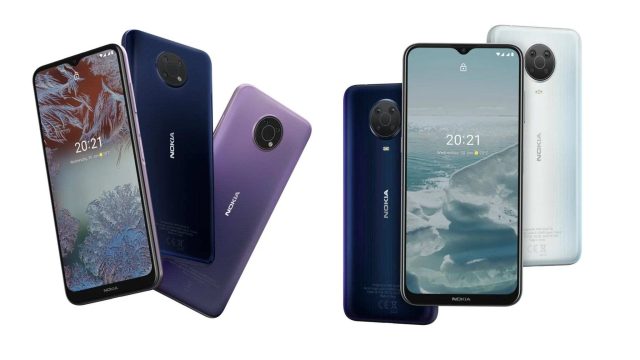In the past days in Bangladesh, only Nokia meant mobile phones to Bangladeshis. To keep pace with the times, they lost the market. Now, Nokia phones will be manufactured in Bangladesh to reclaim a market that has been lost. To that purpose, the Union Group, a local garment company, is establishing a Nokia phone factory in the country to produce Nokia phones by following other renowned brands such as Samsung, OPPO and Realme.
The Union Group is expected to invest four crore BDT in the construction of the Nokia phone manufacturing and infrastructural expansion in phases. The factory is already set up and has been running on five acres of property in Kaliakair, Gazipur, Bangabandhu Hi-Tech City. Currently, Nokia phones are being manufactured in a limited number of new models.
Raqibul Kabir, the Managing Director of Vibrant Software (BD), a concern of Union Group in Bangladesh, has received Nokia device assembling permission and the provisional approval from the Bangladesh Telecommunication Regulatory Commission (BTRC) to set up a mobile phone factory in Bangladesh, covering shipping and logistics costs for Nokia. It is going to be the first Nokia smartphone factory in Bangladesh.
Union Group informed us that the factory has a total of six production lines. Of these, four are for additions, and two are for line packaging. Besides, 200 workers are working in the factory. In mid-September, working on assembling mobile phones began at the factory. For now, Nokia’s 3.4 model smartphone is in the process. Already, 10 to 12 thousand units of this model have been released in the mobile phone market. Union Group also stated that they got a satisfactory response. Also, the factory is now producing G10 and G20 models of smartphones. 300-500 units of mobile phones are being made daily. They have announced the launch of Nokia’s new G10 and G20 models, the information was given at a program titled ‘Made in Bangladesh’ held at a hotel in the capital on 25th November.
Both the G10 and G20 have a three-day battery life, the highest for any Nokia smartphone. Customers will receive a three-year monthly security update and a two-year OS update to keep the G20 model phones secure. It has a face and side fingerprint unlock, 6.5-inch teardrop display, 46-megapixel camera, ample storage facilities. The Nokia G10 model has a triple rear camera and high-quality imaging. Locally produced Nokia smartphones will be available at 30 percent less than imported handsets.
Nokia, a Finnish company, was at the top of the smartphone market a decade ago. In 2010, Nokia accounted for 33.1 percent of all smartphone sales worldwide. Nokia sold 100 million phones that year, whereas Apple sold 46.5 million and Samsung only sold 23 million.
If it comes to go back to the history of Nokia, this Finnish multinational corporation was founded on 12 May 1865 as a single paper mill operation. Through the 19th century, the company expanded, branching into several different products. In 1967, the Nokia corporation was formed. In the late 20th century, the company took advantage of the increasing popularity of computers and mobile phones. However, increased competition and other market forces caused changes in Nokia’s business arrangements.
Henry Kissinger named Bangladesh Bottomless Basket but the people of Bangladesh proved it wrong. Bangladesh is developing in every way. It has an impressive track record of growth and poverty reduction. It has been among the fastest-growing economies in the world over the past decade. All credit goes to the talented people of Bangladesh who made it possible through their tremendous contribution and efforts by improving the garment industry, technology industry, health services, and so on. It is their proud moment indeed.





















